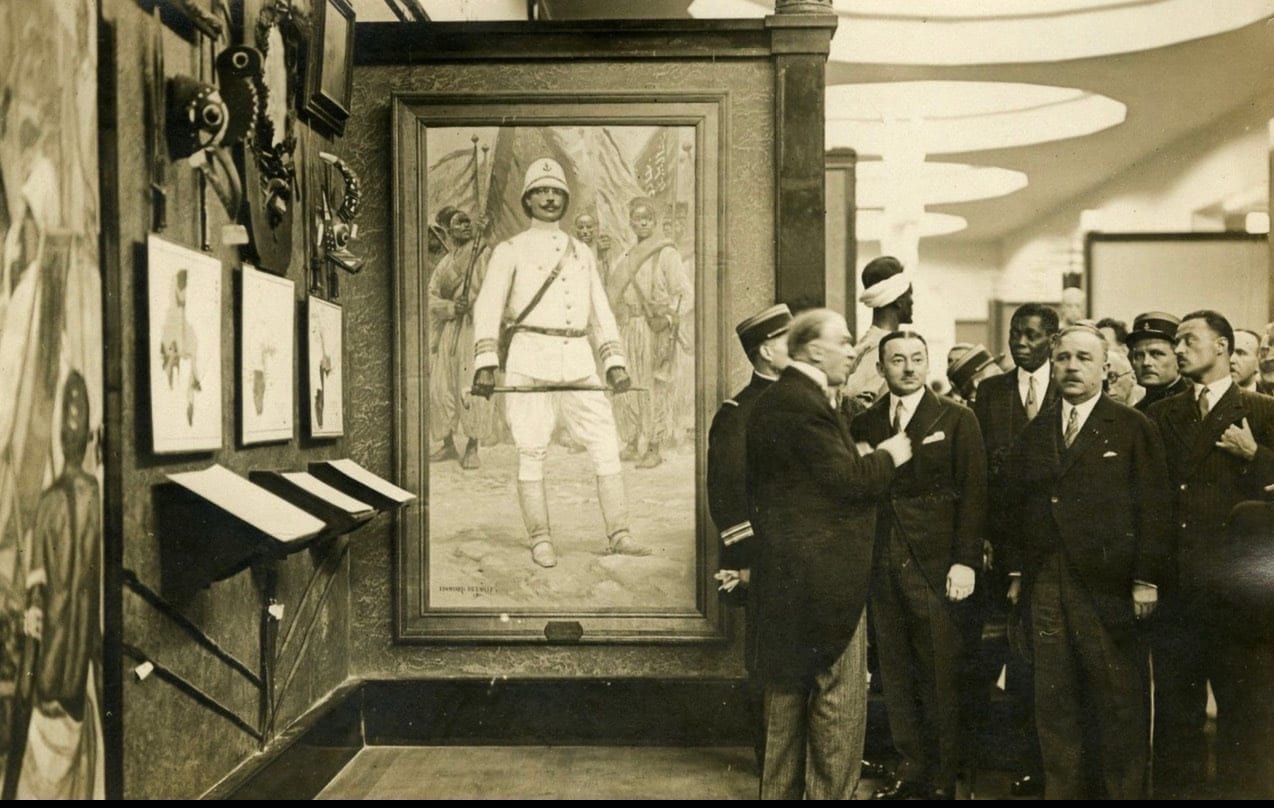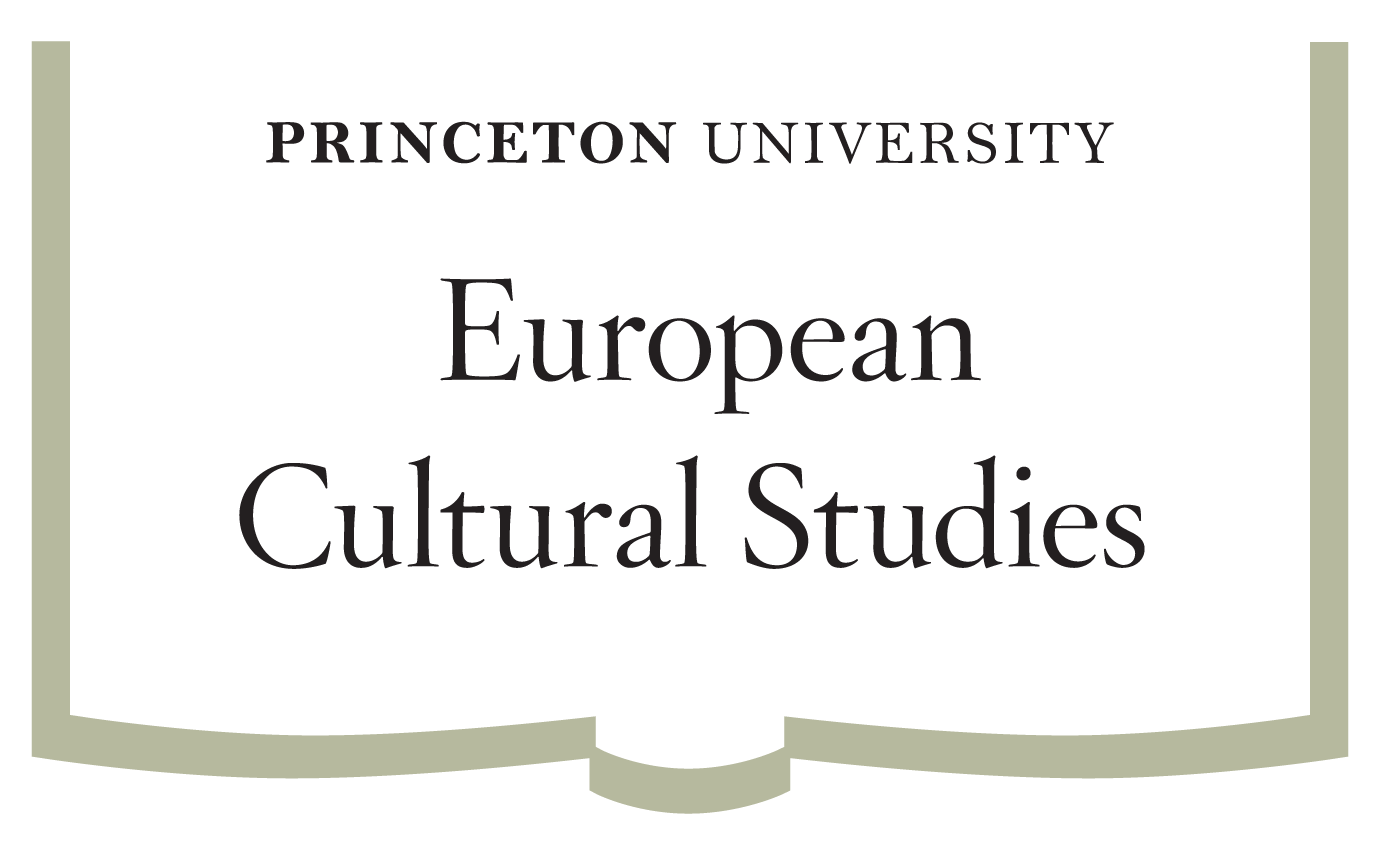
State of Crucifixion: Tourism, Holy Week Festivals, and the Sacred Politics of the Cold War
Center for Collaborative History, Department of History Eugenia Afinoguénova
October 29, 2020 · 4:30 pm—6:00 pm · virtual

Modern Europe Workshop
“State of Crucifixion: Tourism, Holy Week Festivals, and the Sacred Politics of the Cold War”
Eugenia Afinoguénova, Marquette University
Registration is required to attend.
After registering, you will receive a confirmation email containing a unique link to join the meeting. If there is a pre-circulated paper, it will be distributed to those who registered approximately one-week prior to the workshop.
The growing popularity of Holy Week processions and similar festivals all over Southern Europe suggests that comparative work is yet to be done on outdoor manifestations of popular religion and their role in the areas of “peripheral modernity” (Beatriz Sarlo’s coinage). Facilitating the interaction between locals and visitors and confirming the sense of belonging, these festivals now appear to be as important for branding localities as they are for “opening them for business” on domestic and international markets.
What kind of brand is it, however, that relies on hooded figures, self-inflicted wounds, and participatory staging of Jesus’s trial, suffering, and crucifixion? The diverse elements comprising present-day celebrations may each have their own long and unique traditions, but in Spain their collective history as a localized heritage product supported by the central state began in 1964—the year when the Ministry of Information and Tourism gave local elites a chance to renew their most cherished festivities as “celebrations of interest for tourism.” As will be argued here, the dossiers of the Ministry’s certifying authorities reveal that present-day semi-Christian festivals emerged as a very particular tourism product, tailored to facilitate Spain’s coming out to the global political arena at the time of the Cold War.
Eugenia Afinoguénova is a Professor of Spanish and Cultural History at Marquette University. Her The Prado: Spanish Culture and Leisure (1819-1931) is now available in paperback. Afinoguénova is an author of multiple articles on Mobility, Film, and Food Studies, a participant in several research collectives funded by Spain’s Ministry of Science, Innovation, and Universities, and a leader of several digital projects, including an augmented reality reconstruction of the Gallery of Queen Isabella at the Prado museum according to a 1775 photograph and a historical GIS/3D mapping project of 19th-century travel literature on Spain.












